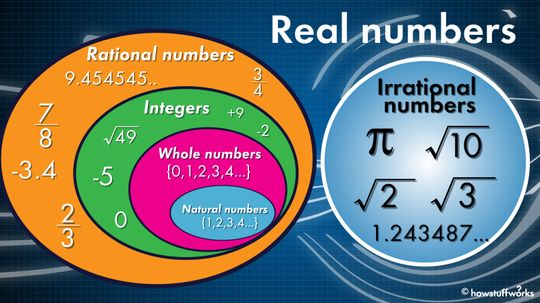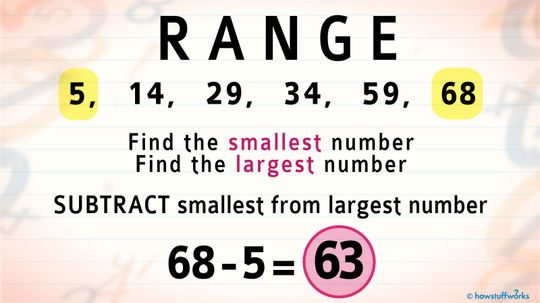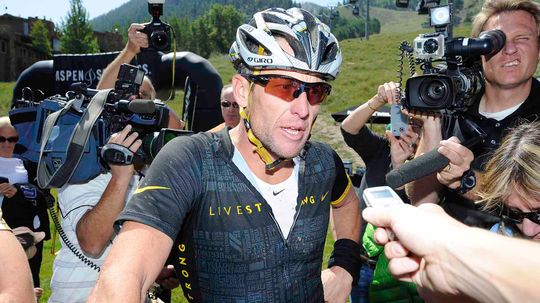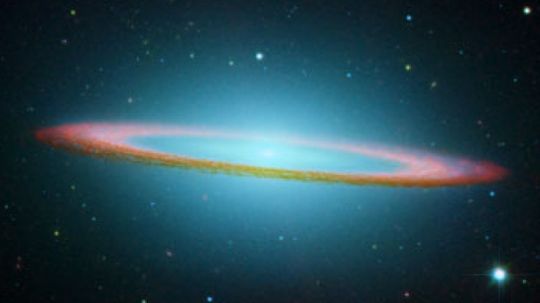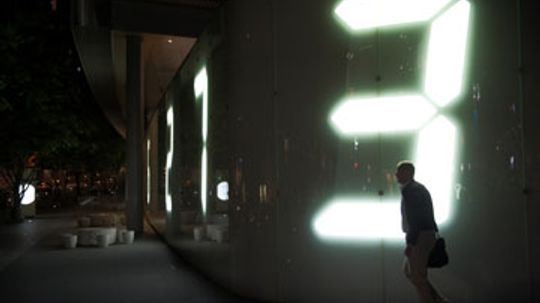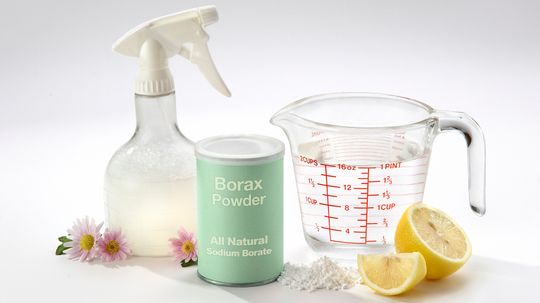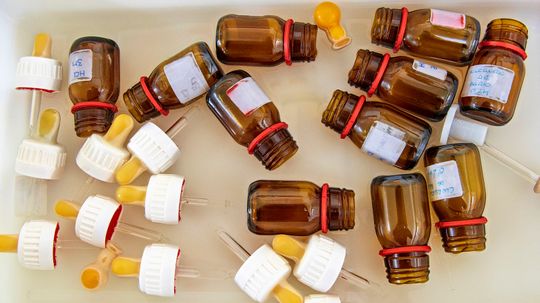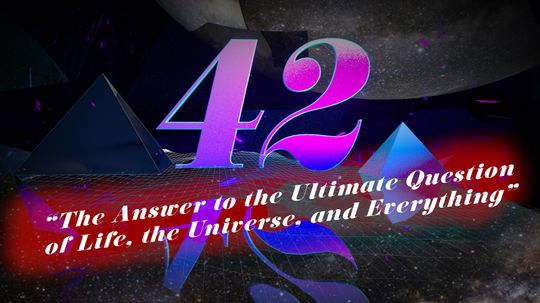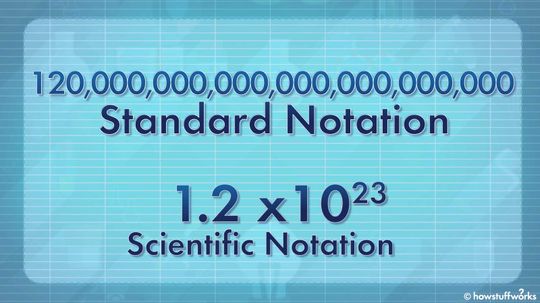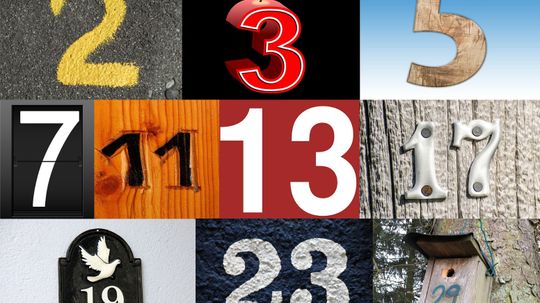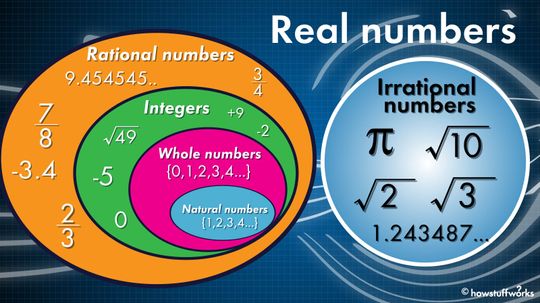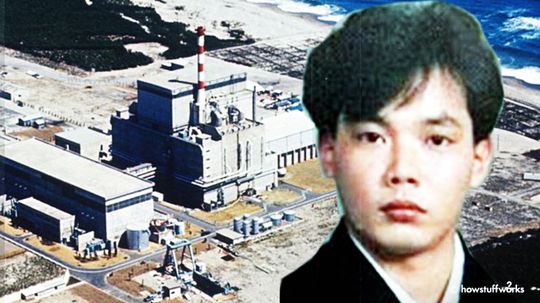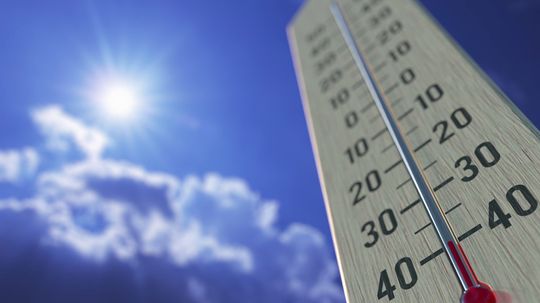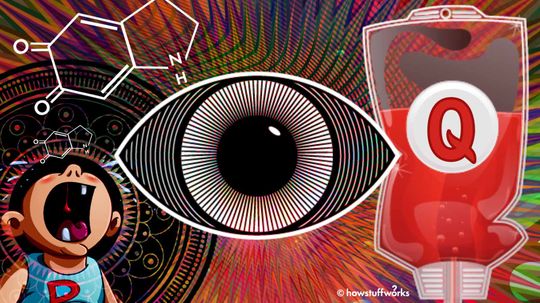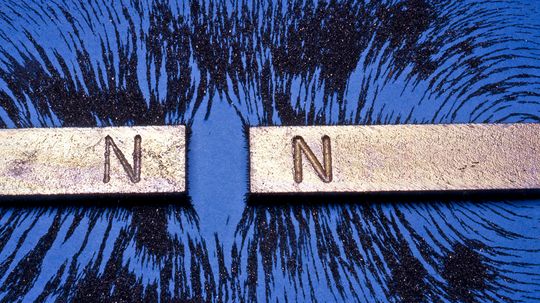Physical Science
Physical science is the study of the physical world around you. Learn about everything from electricity to magnetism in this section.

Brown Noise vs. White Noise: Which Is Best for Quality Sleep?

Can a sound wave kill you?

Can two cans and a string really be used to talk over a distance?

7 Types of Alcohol for Drinking, Cleaning and More

Understanding the Empirical Formula in Chemistry
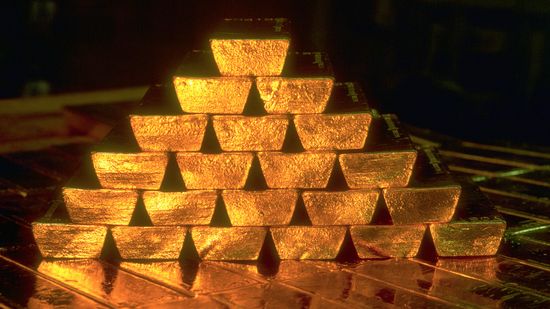
The Most Expensive Metal in the World Isn't Gold or Platinum

How Electricity Works
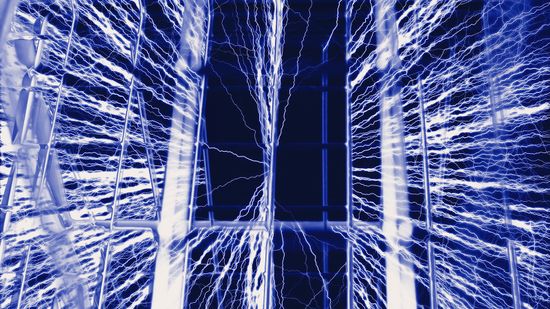
How Faraday Cages Work
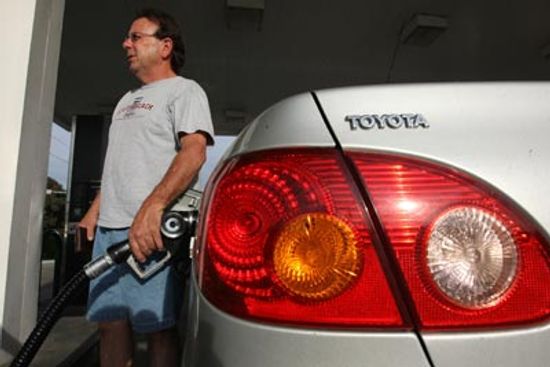
How Gasoline Works
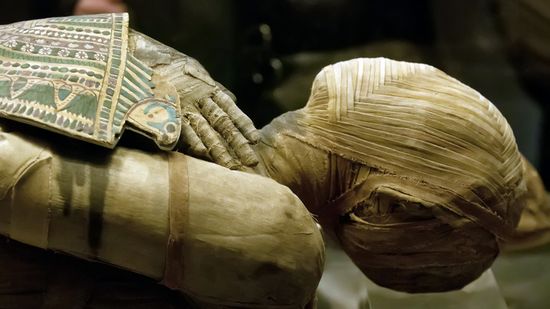
What Does Mummification Have to Do With Gene Hackman?
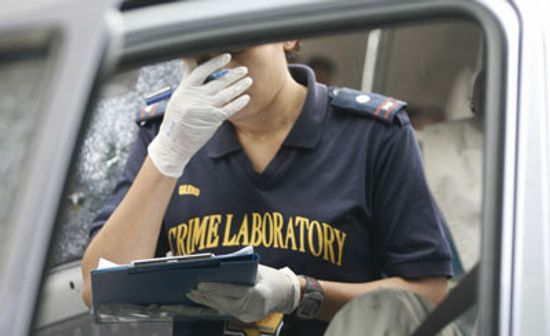
What do bugs have to do with forensic science?

5 Things You Didn't Know About Autopsies
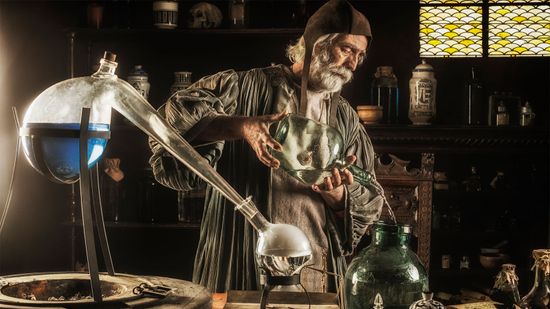
How Alchemy Paved the Way for Chemistry
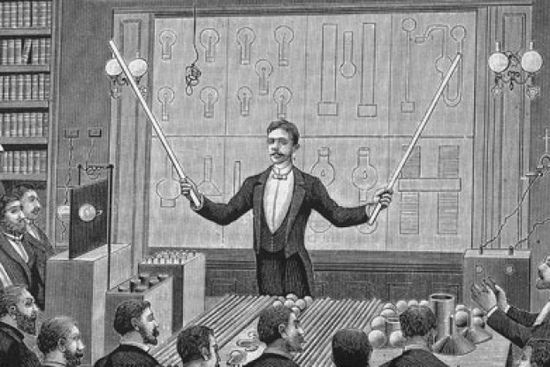
How did Nikola Tesla change the way we use energy?
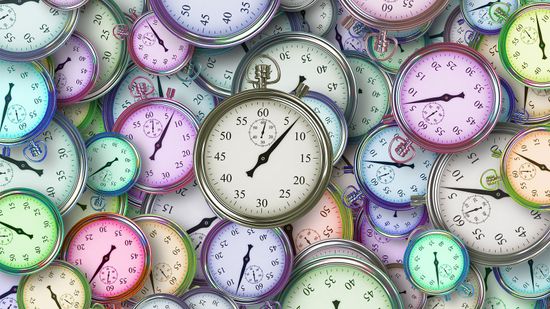
Time May Not Exist, Say Some Physicists and Philosophers
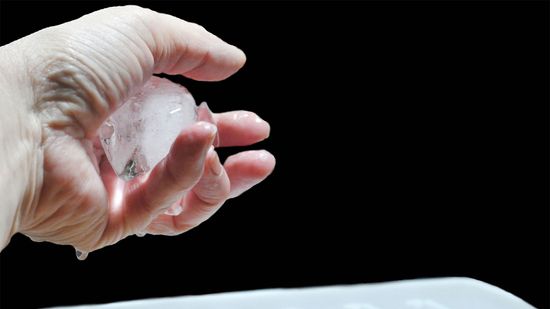
Why Does Ice Stick to Your Fingers?
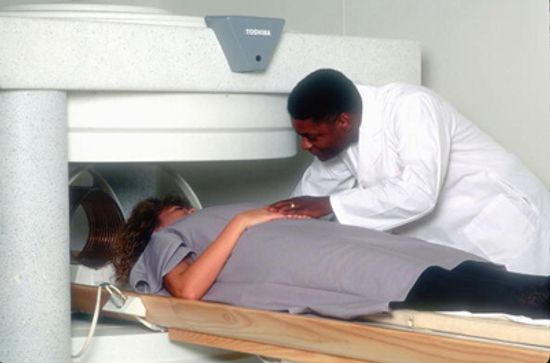
What if I forgot to remove a piercing before an MRI?
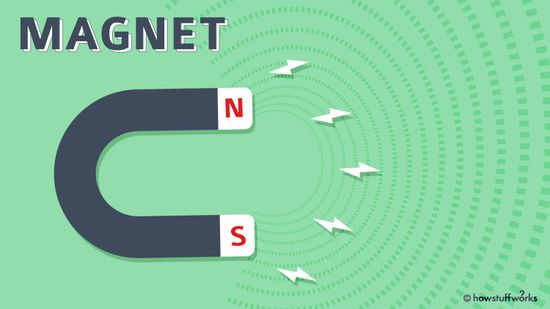
A Kid-friendly Introduction to Magnets and Magnetism

What's the Hardest Math Problem in the World? Try These 9

8 Types of Data That Inform Insights and Relationships
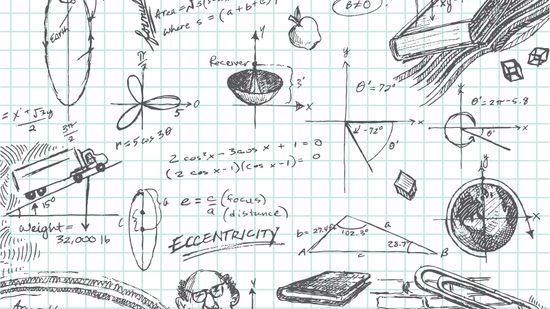
Congruent Angles: Definition, Symbol and Key Theorems

Tonnes vs. Tons: Metric vs. Imperial Measurements Strike Again

The Most Expensive Liquid Is 26,000x the Price of Human Blood
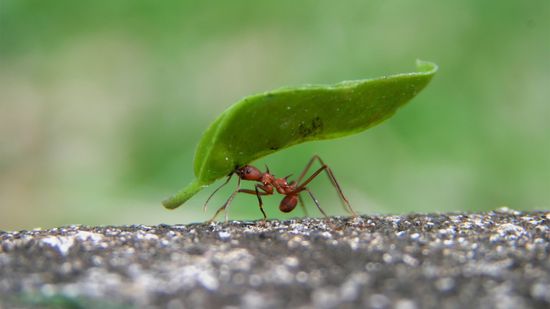
5 Hugely Fun Facts About Mass (Not Weight)

The Demon Core: A Tale of Atomic Ambition and Tragic Fate
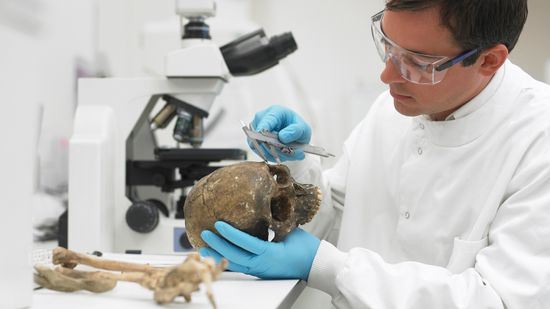
Half-Life Formula: Components and Applications
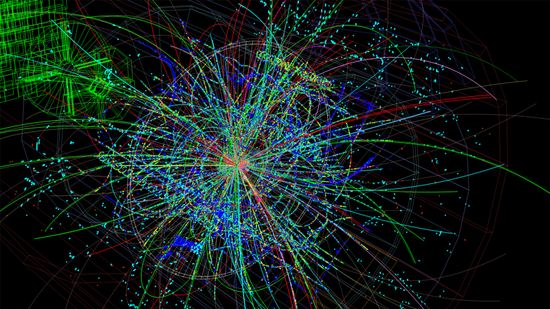
Could an 'X17 Particle' Hint at a Fifth Force in the Universe?

Why Are School Buses Yellow?

HowStuffWorks: How To Draw An Impossible Shape
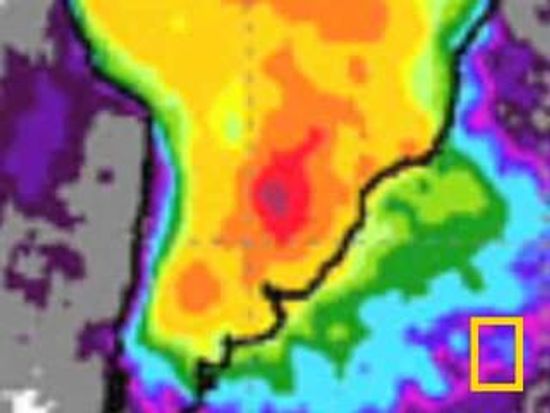
What Are the Colors in the Visible Spectrum?
Learn More / Page 13
How large does a random group of people have to be for a 50 percent chance to exist that at least two of the people will share a birthday?
A perfect square is a number, but it can also be explained using an actual square.
Real numbers are the opposite of imaginary numbers and include every number you can think of.
Advertisement
Finding the range of a set of numbers is an easy subtraction problem!
The list of superstar athletes accused of - and admitting to - taking performance-enhancing drugs is almost as impressive as the number of sports that they compete in. And we're not just talking about steroids.
By William Harris, Jennifer Walker-Journey & Austin Henderson
A world without math is unimaginable. It's a part of who we are. It's the analytical juice of our left brain. In the words of physicist Richard Feynman, even a fool can use it. So why do so many of us turn our backs on numbers?
By Robert Lamb
You use the number zero all the time, but it may surprise you to learn that it sometimes isn't a number at all. It may surprise you even more to learn that it was all but invented. See what else surprises you about zero in this article.
By Josh Clark
Advertisement
For many of us, a number is just a number, a bit of information that tells you, say, what time it is. But mathematicians look at that same number and divine relationships that underlie nature itself. Ready to enter the trippy world of number theory?
By Robert Lamb
You've heard of Google, but what about a Googol? If not, then this tutorial is for you.
By Mark Mancini
Mathematician Andrew Booker has found the three cubes that add up to the number 33, a long-unsolved math problem.
Borax, a popular addition to laundry detergents and slime recipes, is a natural ingredient that has been getting flack for possibly being harmful to children. But is this true?
By Alia Hoyt
Advertisement
It's an odorless gas that's present in a variety of home products, cosmetics, car exhaust and even humans. But is it bad for us?
Two mathematicians have solved a decades-old math problem by harnessing the power of a virtual supercomputer.
And it'll take XIV minutes flat.
By Alia Hoyt & Desiree Bowie
How do you calculate absurdly high numbers without writing them out in numerals? You use scientific notation. We'll give you examples and show you how.
By Mark Mancini & Yara Simón
Advertisement
You might wonder what phosphates do, but they are so intrinsic to our daily lives that the question really is: What don't phosphates do?
You may remember from math class that a prime number is a number that can only be divided by 1 and itself. But why are they important anyway?
Rational numbers can be expressed as the ratio of two integers, while irrational numbers, such as square roots of non-square numbers, cannot.
In 1999, Hisashi Ouchi, a Japanese nuclear fuel plant worker was exposed to critical levels of radiation. He suffered the worst radiation burns in history. He lived for 83 agonizing days afterward as his body all but disintegrated.
Advertisement
There are two different scales of measuring temperature on Earth, but they merge at just one very cold number.
Adrenochrome has been linked to schizophrenia and the LSD counterculture movement. Now QAnon conspiracy theorists say it's part of a child sex-trafficking cult. So what's the truth behind this chemical compound?
Magnets produce magnetic fields and attract metals like iron, nickel and cobalt. They're used in all sorts of applications but how are they made and how do they work?


